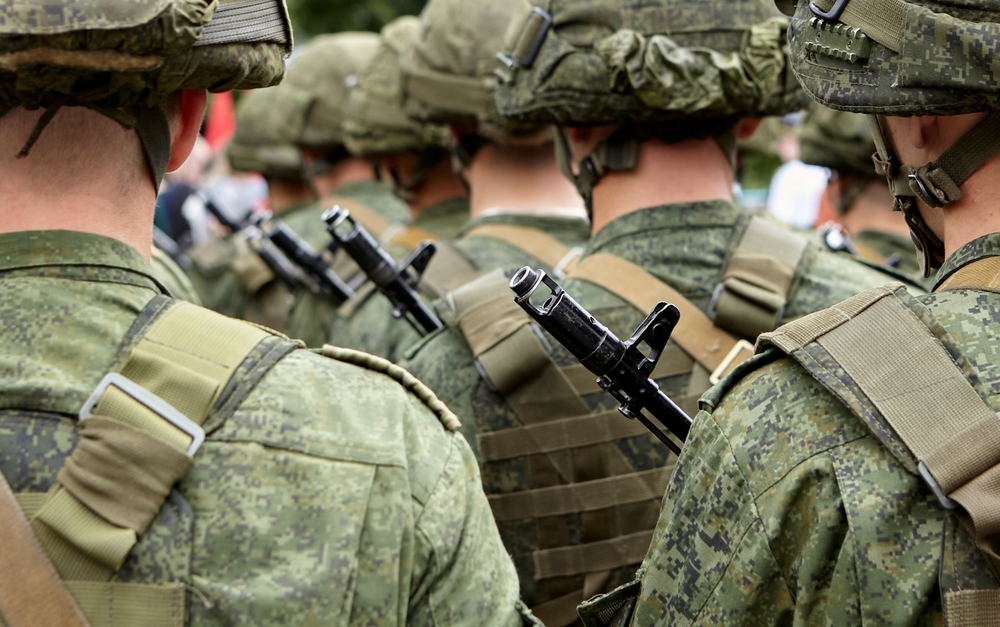Over the recent week, there have been approximately 50 instances of such drone attacks.
Others are reading now
In a concerning trend, Russian forces have been utilizing drones to launch grenades filled with suffocating and tear-inducing gases. This is confirmed by Dmytro Lykhovii, a spokesperson for the Ukrainian Tavria Group of forces according to Ukrinform.
Over the recent week, there have been approximately 50 instances of such drone attacks, with 15 occurrences noted in just the last day. Lykhovii, in a discussion with Ukrinform, Ukraine’s national news agency, detailed these tactics as Russia’s alternative approach when traditional artillery or drone strikes fail to breach Ukrainian defenses.
A Year of Chemical Warfare
The General Staff of Ukraine’s Armed Forces disclosed on December 27 that, from February 2022 to December 2023, there have been over 400 documented instances of Russia employing munitions laced with poisonous chemicals.
Also read
The Russian military predominantly opts for grenade models like K-51, RGR, and Drofa-PM for these attacks, deploying them via assault drones.
Introduction of Unknown Chemical Agents
A worrying development was noted on December 14, with Ukraine’s military identifying Russia’s use of RG-VO gas grenades.
These grenades contain an unspecified chemical substance, marking the introduction of a novel and potentially more hazardous chemical agent into the conflict.
Furthermore, Russian naval infantry units have acknowledged the deployment of banned chemical weaponry in the village of Krynky, situated 30 kilometers northeast of Kherson.
This admission was reported by the Institute for the Study of War (ISW) on December 23, underscoring the grave breach of international law.
Violation of International Protocols
The use of chemical and biological weapons in warfare is expressly forbidden under the 1925 Geneva Protocol. Russia’s increasing reliance on such munitions not only poses a direct threat to Ukrainian forces and civilians but also represents a flagrant violation of international norms and agreements aimed at preserving human dignity and life during conflicts.


